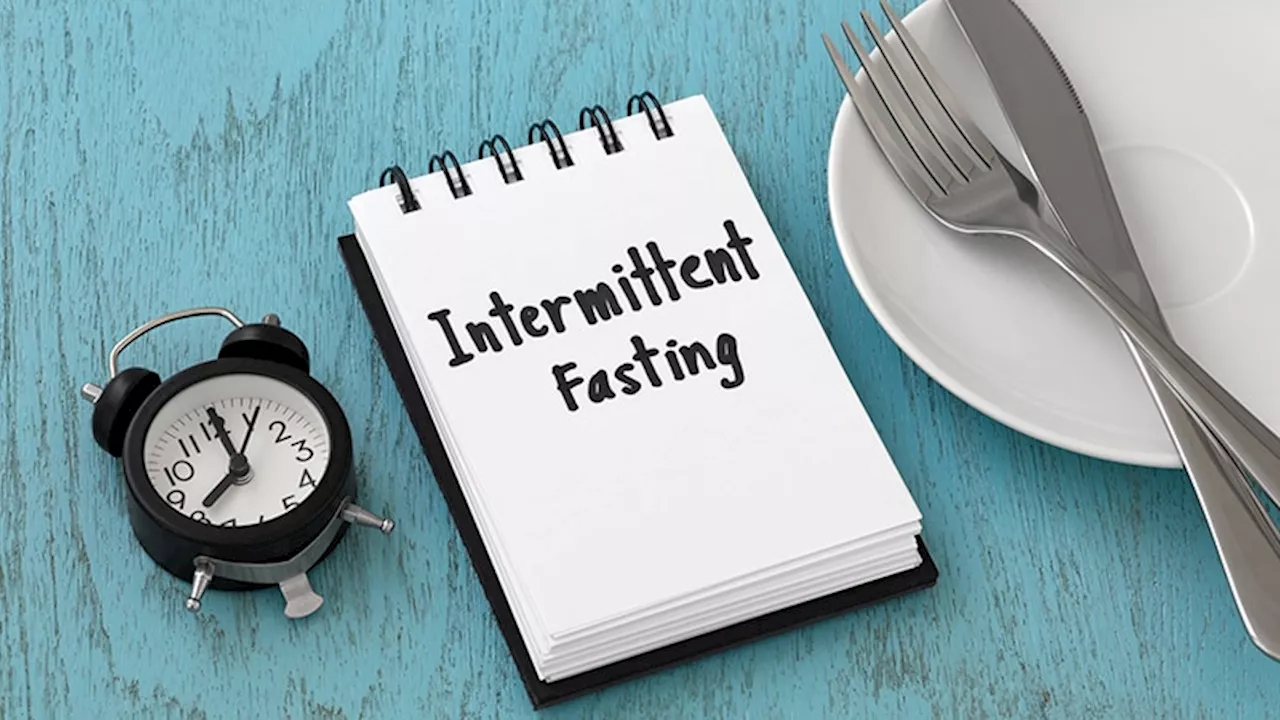The Best in Science News and Amazing Breakthroughs
production accelerates as mice refeed after fasting.
Intestinal stem cells are amongst the busiest in the body, constantly dividing and growing to reline the intestine every 5 to 10 days. This high level of activity also means cancer-causing aberrations are more likely – and that likelihood increases even further during the supercharged post-fasting period, the study shows., which the stem cells operate through.
These molecules are key to helping the body recover and regenerate after being deprived of the nutrients and energy supplied by a regular diet. However, the study demonstrates the probability of tumors rises as well, especially in conditions more favorable to cancer growth. "In the fasted state, the ability of cells to use lipids and fatty acids as an energy source enables them to survive when nutrients are low. And then it's the postfast refeeding state that really drives the regeneration."of anti-cancer therapies. Yet these studies have focussed largely on abstaining from food, without considering the potential consequences of breaking the fast.As is often the case in studies like these, animal models can only tell us so much.
United States Latest News, United States Headlines
Similar News:You can also read news stories similar to this one that we have collected from other news sources.
 Study reveals how intermittent fasting regulates aging through autophagyRecent research at the Institute of Molecular Biology and Biotechnology (IMBB) of the Foundation for Research and Technology-Hellas (FORTH), at the Paris Cité University, and at the University of Graz, published today in Nature Cell Biology, sheds light on the mechanism through which spermidine regulates autophagy, a process that ensures the...
Study reveals how intermittent fasting regulates aging through autophagyRecent research at the Institute of Molecular Biology and Biotechnology (IMBB) of the Foundation for Research and Technology-Hellas (FORTH), at the Paris Cité University, and at the University of Graz, published today in Nature Cell Biology, sheds light on the mechanism through which spermidine regulates autophagy, a process that ensures the...
Read more »
 Mayo Clinic Q&A: Is intermittent fasting a good idea?While we know that it works forsome people to lose weight, the reality is that whether or not it helpsorgans such as the heart is still to be determined.
Mayo Clinic Q&A: Is intermittent fasting a good idea?While we know that it works forsome people to lose weight, the reality is that whether or not it helpsorgans such as the heart is still to be determined.
Read more »
 Intermittent Fasting Aids Weight Loss in Prediabetes and T2DIntermittent fasting reduced body weight and BMI and improved glycemic outcomes in adults with prediabetes or T2D.
Intermittent Fasting Aids Weight Loss in Prediabetes and T2DIntermittent fasting reduced body weight and BMI and improved glycemic outcomes in adults with prediabetes or T2D.
Read more »
 Here’s How Intermittent Fasting Impacts Your BodyFrom weight loss to boosting cognition, intermittent fasting may offer a natural approach to improving health for some.
Here’s How Intermittent Fasting Impacts Your BodyFrom weight loss to boosting cognition, intermittent fasting may offer a natural approach to improving health for some.
Read more »
 Doctor Debunks 4 Common Myths About Intermittent FastingKrista Varady told Newsweek that some myths are 'simply' not true and that the eating plan is mostly safe for everyone.
Doctor Debunks 4 Common Myths About Intermittent FastingKrista Varady told Newsweek that some myths are 'simply' not true and that the eating plan is mostly safe for everyone.
Read more »
 How Intermittent Fasting Could Transform Adolescent ObesityIntermittent and continuous energy restriction are equally effective in reducing BMI in adolescents with obesity.
How Intermittent Fasting Could Transform Adolescent ObesityIntermittent and continuous energy restriction are equally effective in reducing BMI in adolescents with obesity.
Read more »
